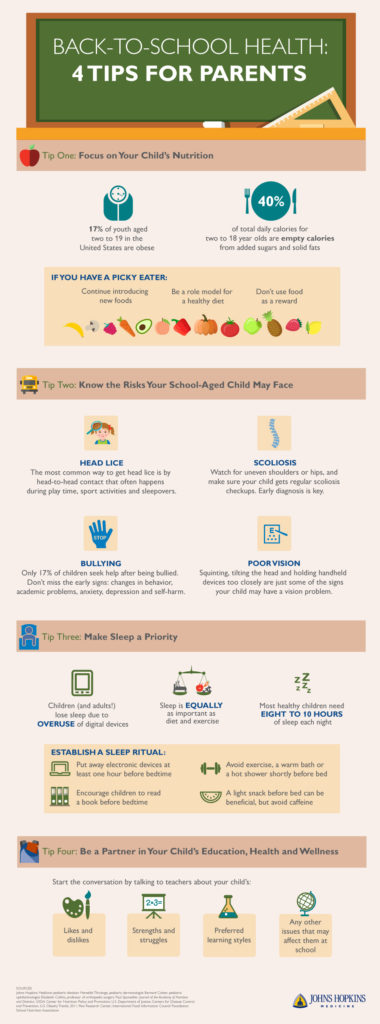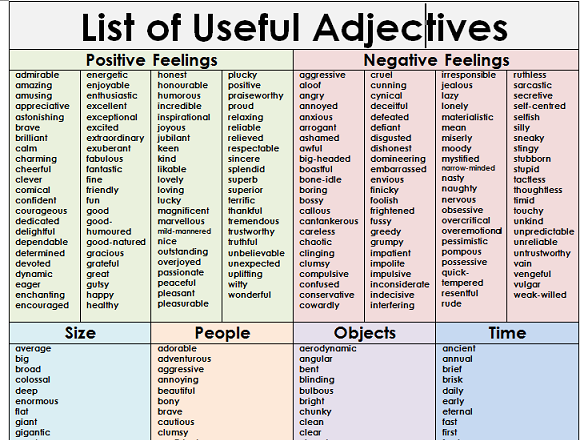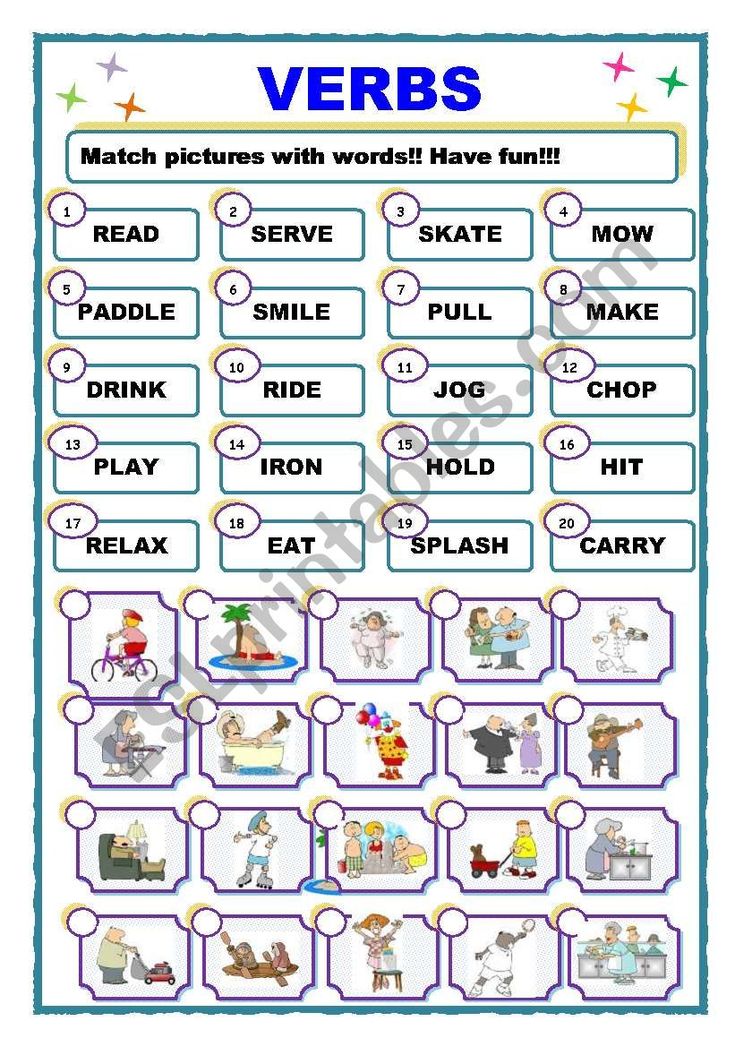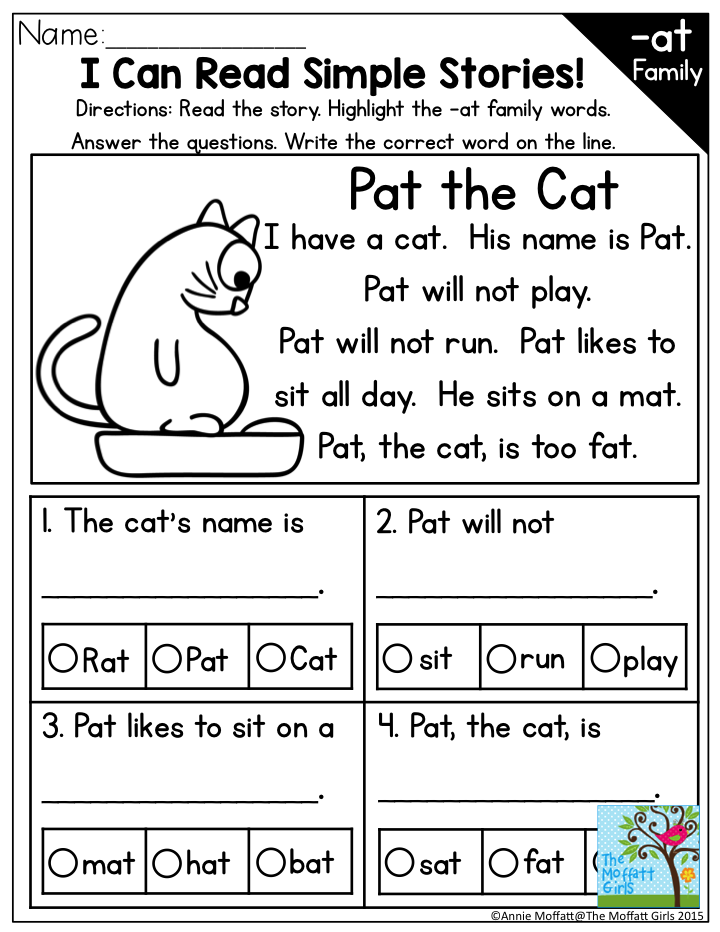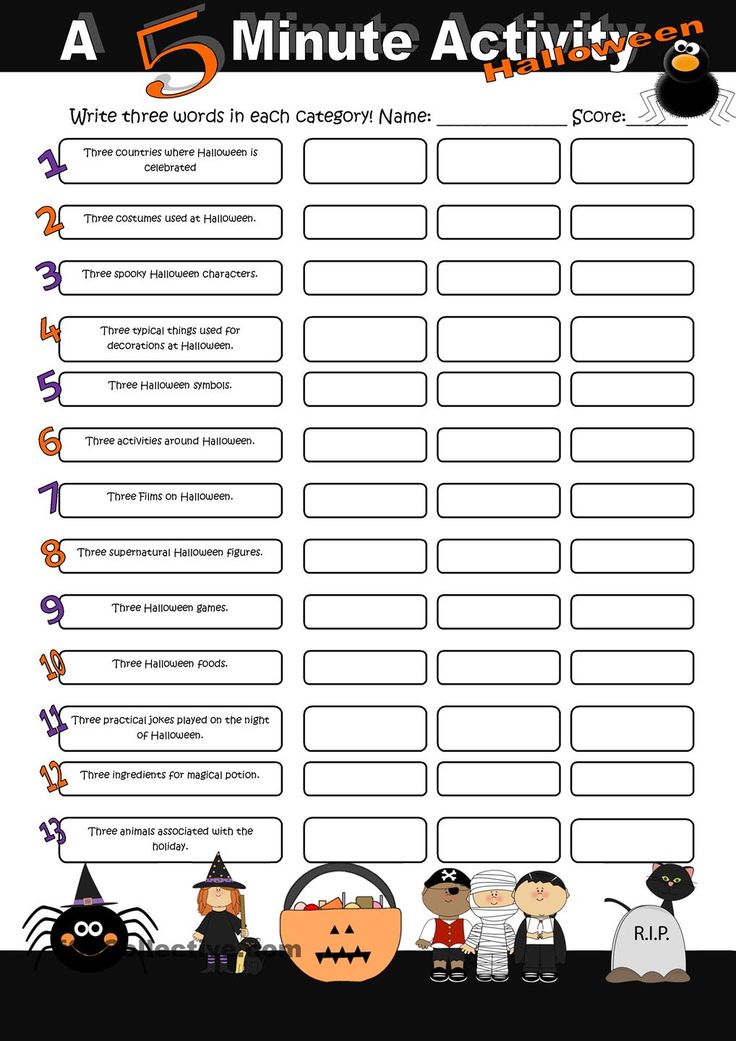Back to school tips for parents
10 Helpful Back-to-school Tips for Parents
Can you believe it is almost time to start school again? Here is a list of tips to help to be more prepared on the first day this year.
Going back to school after the long summer is always a time of excitement. While your children may be overly excited or even a little bit worried about new teachers, new subjects and meeting their friends, the days before starting school again are always busy and stressful. Instead of rolling in to school with no plan, we have compiled ten tips that will help to keep organized, create routines and support children to be their best at school.
1. Use a calendarYour children will be better prepared for school when they can visually see when school will start again. A good idea is to hang a calendar in their room and let them mark off each day with a colorful pen until the new school year starts.
2. Start bedtime routines earlyChildren will need some time to get back to the sleeping pattern that they had before the summer holidays started. In order to make it easier for the kids to be awake early in the morning, parents can introduce the school sleep routine two weeks before school starts.
Pick a date to go school shopping with your children. This date should be set and organized some time in advance to have a relaxed shopping experience. Choosing their own school supplies, clothes, a backpack or lunchboxes will engage children to take part in the activity and may increase their excitement about going back to school and using all the new things.
Copyright: FamVeld
4. Make the unknown environment more familiar
If your children are worried about the fact that they will start school in a new environment such as having a new classroom or being taught by a new teacher ask the school if you can go on a tour. Let your child see the new classroom and ask if it is possible to meet the new teachers. Going on a tour will help the kids to become more familiar with the new place.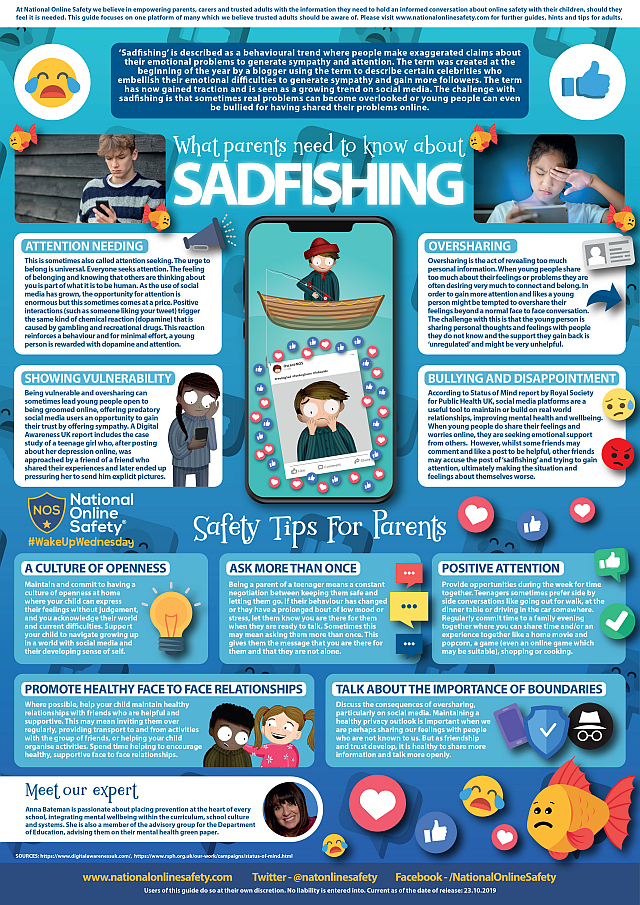 It is also a good idea to have a conversation with them about all the positive aspects at school such as their favorite subject and the activities they love at school.
It is also a good idea to have a conversation with them about all the positive aspects at school such as their favorite subject and the activities they love at school.
Studies show that pupils who have breakfast function better at school and have more energy. In advance, ask your children about healthy food that they like to take to school. Maybe your child likes particular fruits or vegetables which you can pack as well as a healthy sandwich. You can also have a look at the school’s cafeteria and see if it offers healthy snack options.
6. Find a ‘go-to-school friend’If your child walks or takes the bus to school and there are other children in the neighborhood who go to the same school talk to the parents and ask them if the kids can walk or take the bus together. This way the kids will have more fun on their way to school and may share their worries and help each other to feel more comfortable going back to school.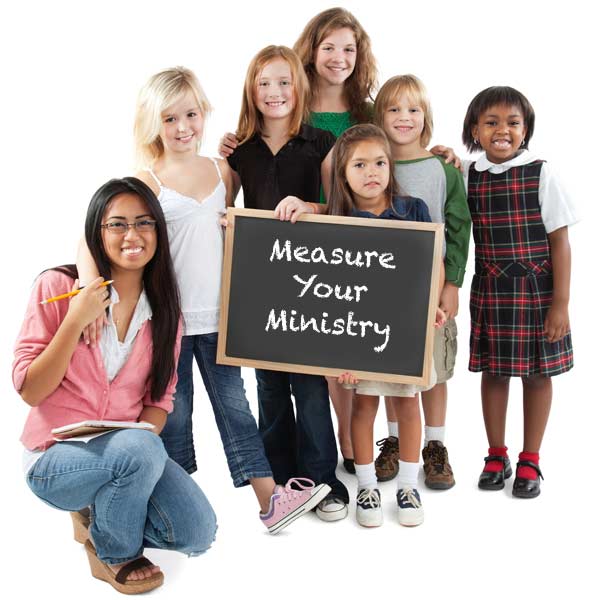
Copyright: Pressmaster
7. Talk about homeworkChildren who understand the topics at school properly have more fun at school. Usually, good quality homework is key to understand topics and achieve good grades. Review the environment where your child does his or her homework: Is it quiet enough? Is there enough space? Besides the environment, it is also important to think about activities and Internet or TV usage. Do your children have enough time to do their homework and are they not distracted?
8. Deal with expectationsOlder children will already have set themselves expectations they want to fulfill at school. Therefore, it is helpful to ask them what they expect about returning to school. It can help to read a story about children who go to school in order to start the conversation and to make it easier for kids to talk about their feelings. It is also important to ask kids if they have any questions or are unsure about anything.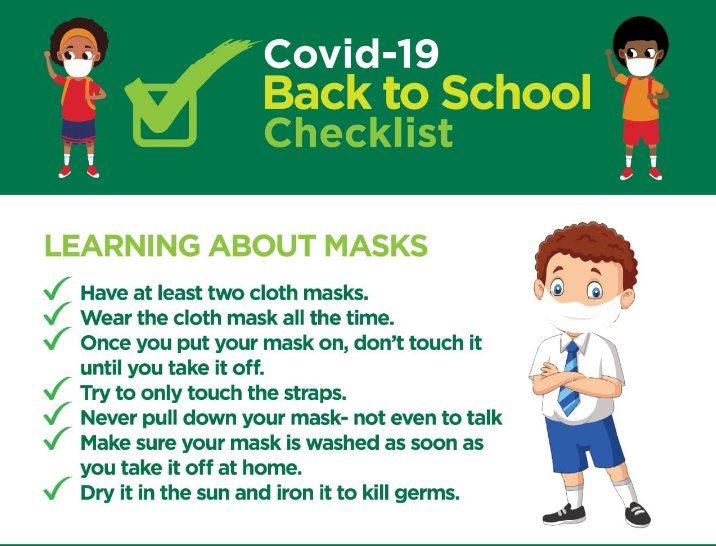 Let them know that other kids will be nervous as well and that teachers will help them to feel more comfortable.
Let them know that other kids will be nervous as well and that teachers will help them to feel more comfortable.
When getting lunch or a snack ready for school include a little note in the lunchbox to show your kids that you care and that you think about them during the day even if they are away.
Copyright: Jes2u.photo
10. Child care after schoolA parent should be at home to help the kids to get ready for school in the morning and who supervise them when they return. If this is not possible talk to your children that it is important to follow rules and listen to the adult supervising them.
Share your own stories, tips and back-to-school experiences with us.
Back-to-School Tips - HealthyChildren.org
Log in | Register
Ages & Stages
Ages & Stages
Before it's time to head back to school, follow these tips to help ensure your kids have a safe, happy and productive year.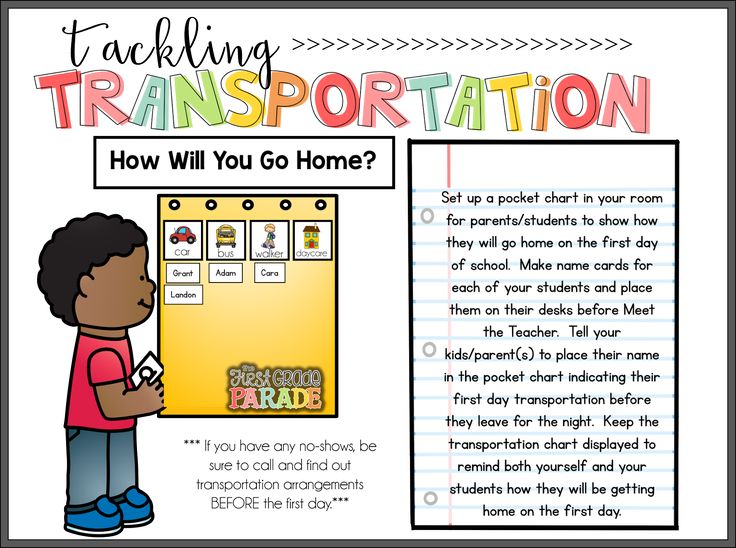
Make the first day easier
Remember that you don't need to wait until the first day of class to ask for help. Schools are open to address any concerns a parent or child might have, including the specific needs of a child, over the summer. The best time to get help might be one to two weeks before school opens.
Many children get nervous about new situations, including changing to a new school, classroom or teacher. This may happen at any age. If your child seems nervous, it can be helpful to rehearse heading into the new situation. Take them to visit the new school or classroom before the first day of school. Remind them that there are probably a lot of students who are uneasy about the first day of school. Teachers know that students are nervous and will make an extra effort to make sure everyone feels as comfortable as possible. If your child seems nervous, ask them what they are worried about and help them problem-solve ways to master the new situation.
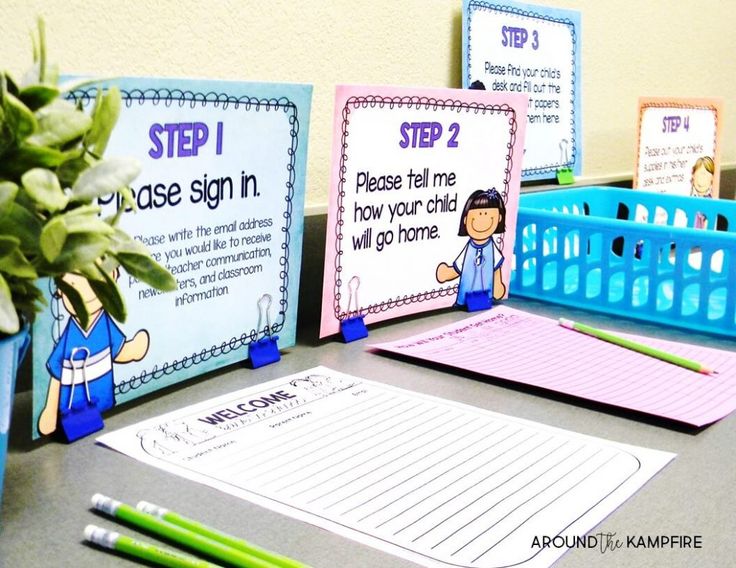
Point out the positive aspects of starting school to help your kids look forward to the first day of class. Talk about how they will see old friends and meet new ones, for example.
Find another child in the neighborhood you child can walk to school or ride with on the bus.
If it is a new school for your child, attend any available orientations and take an opportunity to tour the school before the first day. Bring your child to school a few days prior to class to play on the playground and get comfortable in the new environment.
If you feel it is needed, drive your child (or walk with them) to school and pick them up on the first day. Get there early on the first day to cut down on unnecessary stress.
- Consider starting your child on their school sleep/wake schedule a week or so ahead of time so that time change is not a factor on their first couple of days at school.
Backpack safety
Choose a backpack with wide, padded shoulder straps and a padded back.
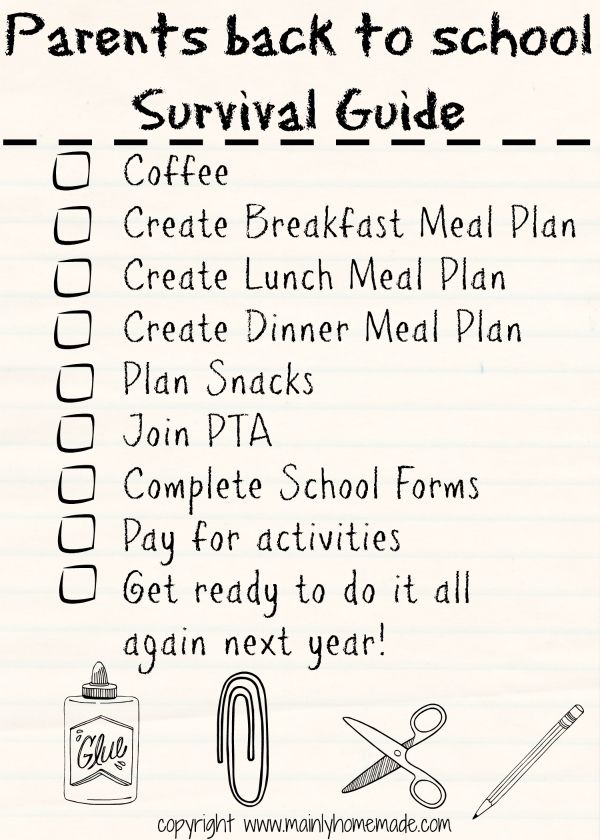
Organize your child's backpack to use all of its compartments. Pack heavier items closest to the center of the back. The backpack should never weigh more than 10% to 20% of your child's body weight. Go through the pack with your child weekly, and remove unneeded items to keep it light.
Remind your child to always use both shoulder straps. Slinging a backpack over one shoulder can strain muscles.
Adjust the pack so that the bottom sits at your child's waist.
If your school allows, consider a rolling backpack. This type of backpack may be a good choice for students who must tote a heavy load. Remember that rolling backpacks still must be carried up stairs, they may be difficult to roll in snow, and they may not fit in some lockers. And review backpack safety with your child.
Traveling to & from school
Review the basic rules with your student and practice any new routes or modes of transportation:
School bus
Children should always board and exit the bus at locations that provide safe access to the bus or to the school building.
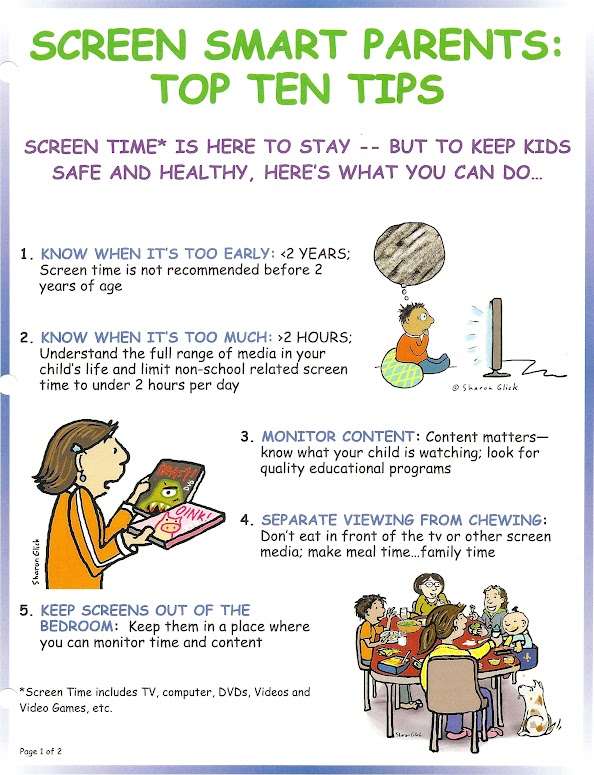
Remind your child to wait for the bus to stop before approaching it from the curb.
Make sure your child walks where she can see the bus driver (which means the driver will be able to see them, too).
Remind your student to look both ways to see that no other traffic is coming before crossing the street, just in case somebody does not stop as required. Encourage your child to actually practice how to cross the street several times before the first day of school.
If the school bus has lap/shoulder seat belts, make sure your child uses one at all times when in the bus. (If your child's school bus does not have lap/shoulder belts, encourage the school system to buy or lease buses with lap/shoulder belts). See Where We Stand: Safety Restraints on the School Bus for more information. Your child should not move around on the bus.
Check on the school's policy regarding food on the bus.
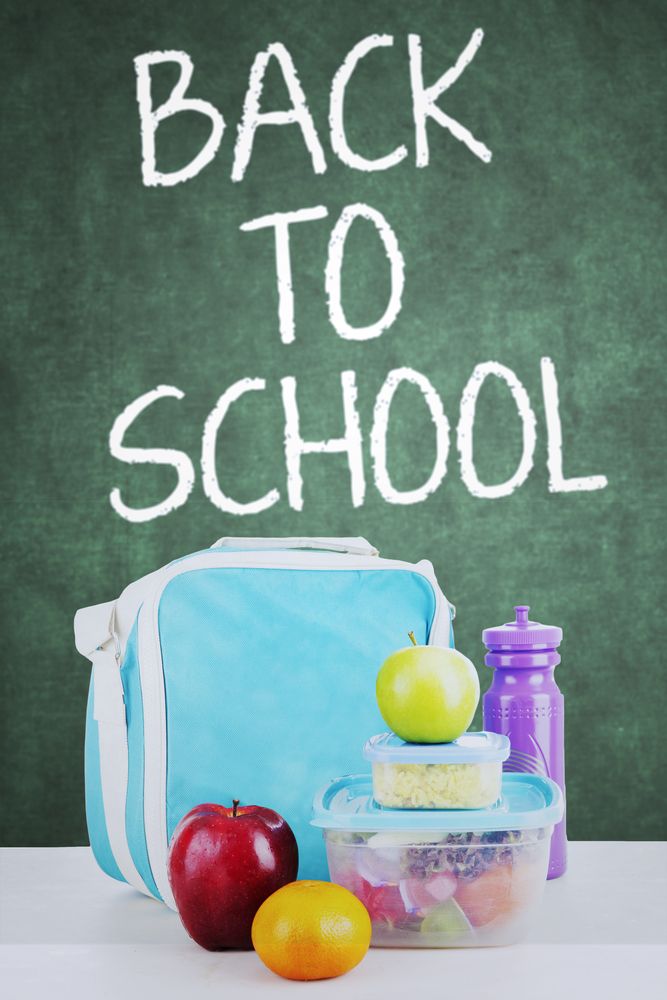 Eating on the bus can present a problem for students with allergy and also lead to infestations of insects and vermin on the vehicles.
Eating on the bus can present a problem for students with allergy and also lead to infestations of insects and vermin on the vehicles.If your child has a chronic condition that could result in an emergency on the bus, make sure you work with the school nurse or other school health personnel to have a bus emergency plan. If possible, do this before the first day of class.
Car
All passengers should wear a seat belt or use an age- and size-appropriate car seat or booster seat.
Keep your child riding in a car seat with a harness as long as possible and then ride in a belt-positioning booster seat. Your child is ready for a booster seat when they have reached the top weight or height allowed for their seat, their shoulders are above the top harness slots, or her ears have reached the top of the seat.
Your child should ride in a belt-positioning booster seat until the vehicle's seat belt fits properly (usually when the child reaches about 4' 9" in height and is between 8 to 12 years of age).
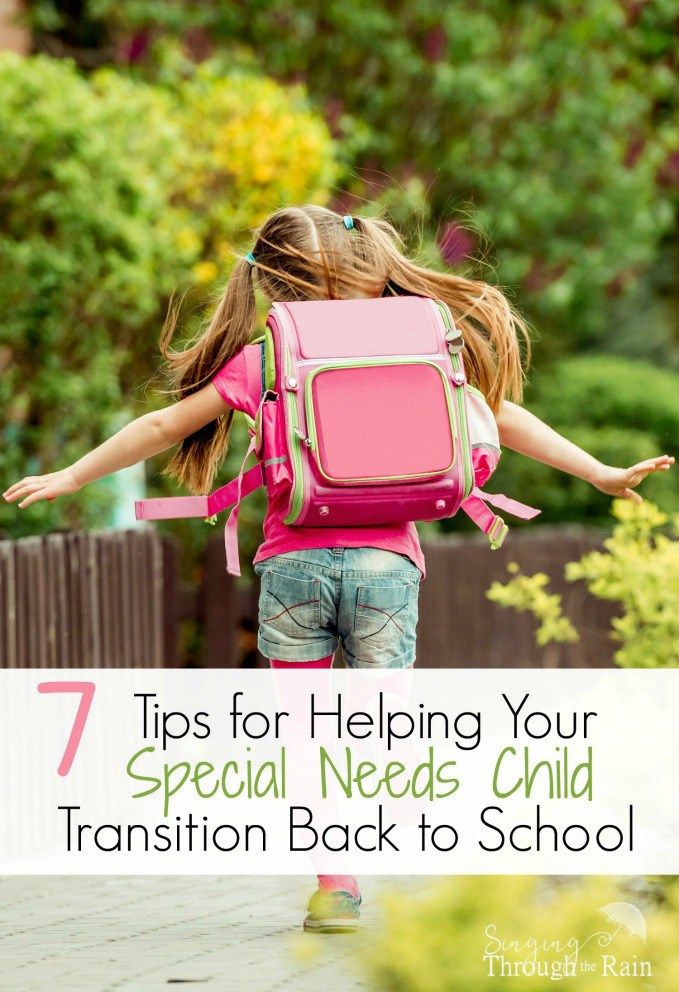 This means that your child is tall enough to sit against the vehicle seat back with their legs bent at the knees and feet hanging down and the shoulder belt lies across the middle of the chest and shoulder, not the neck or throat; the lap belt is low and snug across the thighs, not the stomach.
This means that your child is tall enough to sit against the vehicle seat back with their legs bent at the knees and feet hanging down and the shoulder belt lies across the middle of the chest and shoulder, not the neck or throat; the lap belt is low and snug across the thighs, not the stomach.All children younger than 13 years of age should ride in the rear seat of vehicles. If you must drive more children than can fit in the rear seat (when carpooling, for example), move the front-seat passenger's seat as far back as possible and have the child ride in a booster seat if the seat belts do not fit properly without it.
Remember that many crashes occur while novice teen drivers are going to and from school. Remind your teen to wear their seat belt, limit the number of teen passengers, and do not allow eating, drinking, cell phone conversations (even when using hands-free devices or speakerphone), texting or other mobile device use to prevent driver distraction.
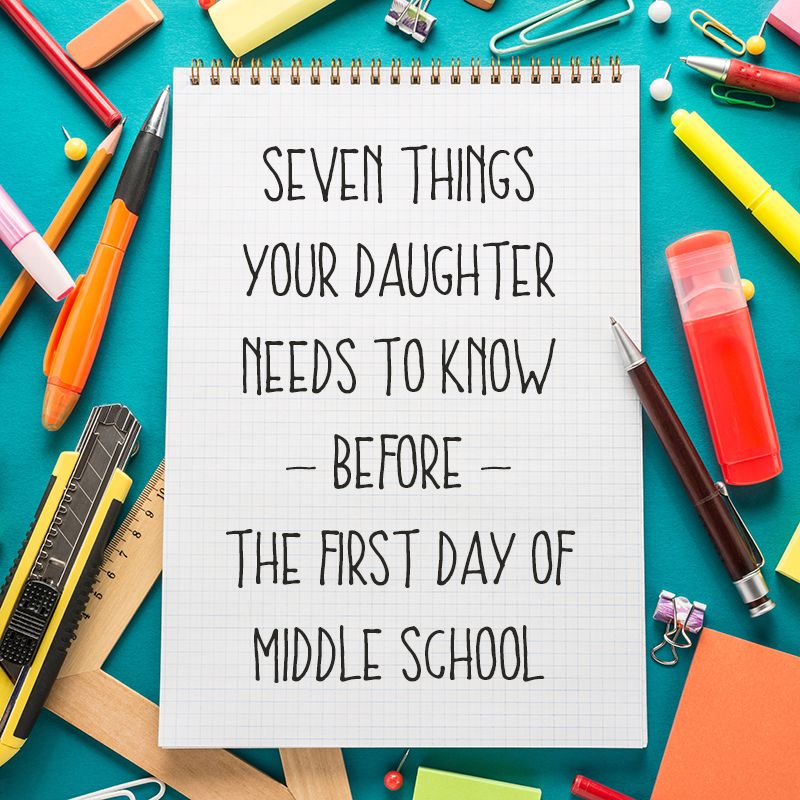 Familiarize yourself with your state's
graduated driver's license law and consider the use of a parent-teen driver agreement to facilitate the early driving learning process. See here for a sample parent-teen driver agreement.
Familiarize yourself with your state's
graduated driver's license law and consider the use of a parent-teen driver agreement to facilitate the early driving learning process. See here for a sample parent-teen driver agreement.
Bike
Practice the bike route to school before the first day of school to make sure your child can manage it.
Always wear a bicycle helmet, no matter how short or long the ride.
Ride on the right, in the same direction as auto traffic and ride in bike lanes if they are present.
Use appropriate hand signals.
Respect traffic lights and stop signs.
Wear bright-colored clothing to increase visibility. White or light-colored clothing and reflective gear is especially important after dark.
Know the "rules of the road."
Walking to school
Children are generally ready to start walking to school at 9 to 11 years of age.
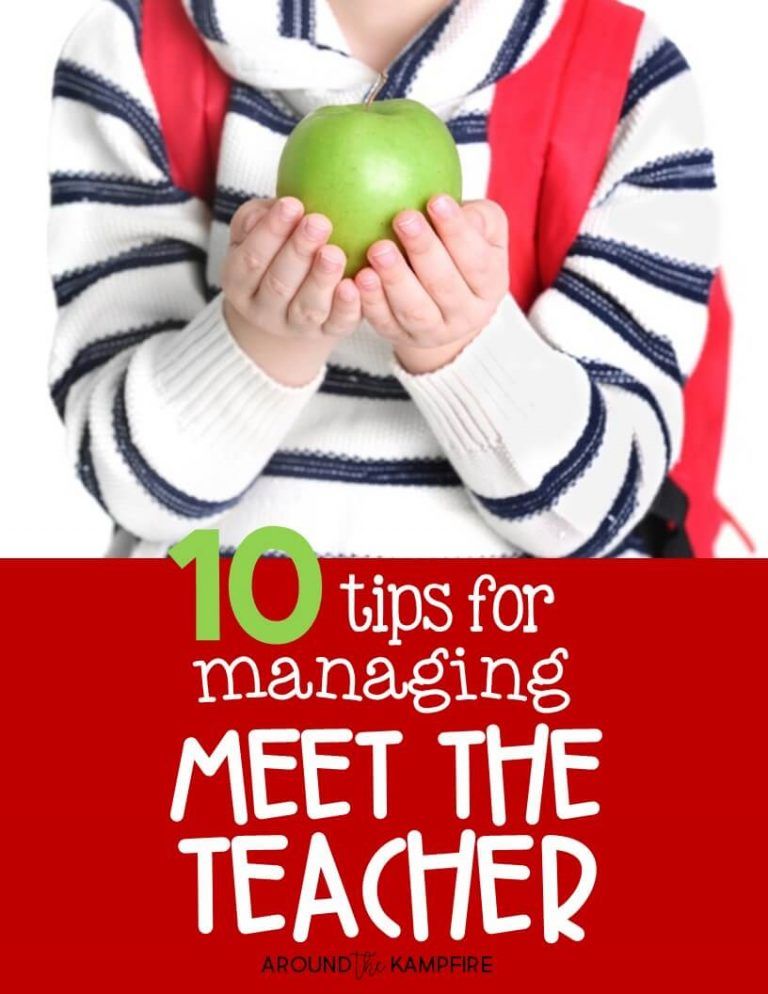
Make sure your child's walk to school is a safe route with well-trained adult crossing guards at every intersection.
Identify other children in the neighborhood with whom your child can walk to school. In neighborhoods with higher levels of traffic, consider organizing a "walking school bus," in which an adult accompanies a group of neighborhood children walking to school.
Be realistic about your child's pedestrian skills. Because small children are impulsive and less cautious around traffic, carefully consider whether or not your child is ready to walk to school without adult supervision. If the route home requires crossing busier streets than your child can reasonably do safely, have an adult, older friend or sibling escort them home.
If your children are young or are walking to a new school, walk with them or have another adult walk with them the first week or until you are sure they know the route and can do it safely. If your child will need to cross a street on the way to school, practice safe street crossing with them before the start of school.
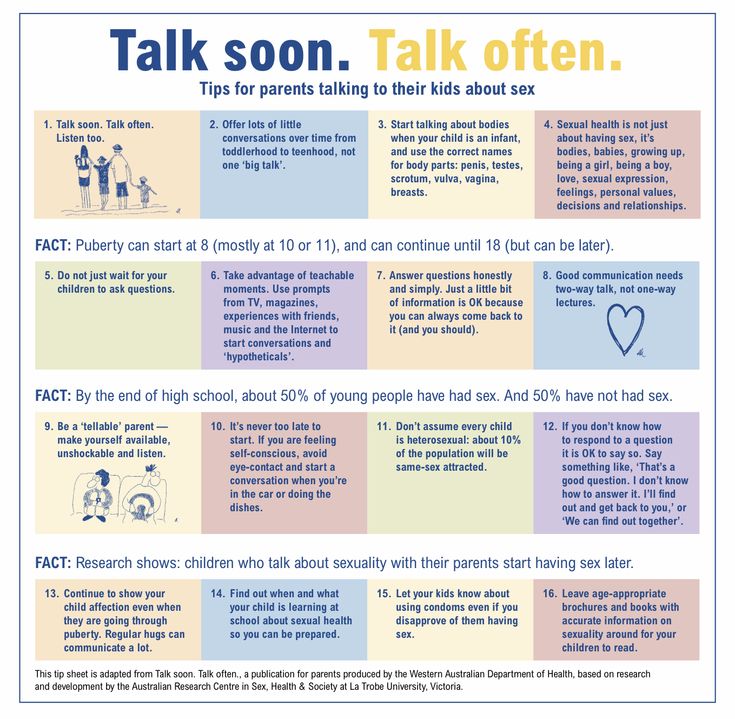
Bright-colored clothing or a visibility device, like a vest or armband with reflectors, will make your child more visible to drivers.
Eating during the school day
Studies show that children who eat a nutritious breakfast function better. They do better in school, and have better concentration and more energy. Some schools provide breakfast for children; if yours does not, make sure they eat a breakfast that contains some protein.
Most schools regularly send schedules of cafeteria menus home and/or have them posted on the school's website. With this advance information, you can plan on packing lunch on the days when the main course is one your child prefers not to eat.
Many children qualify for free or reduced price food at school, including breakfast. The forms for these services can be completed at the school office. Hunger will affect a child's performance in class.
Many school districts have plans which allow you to pay for meals through an online account.
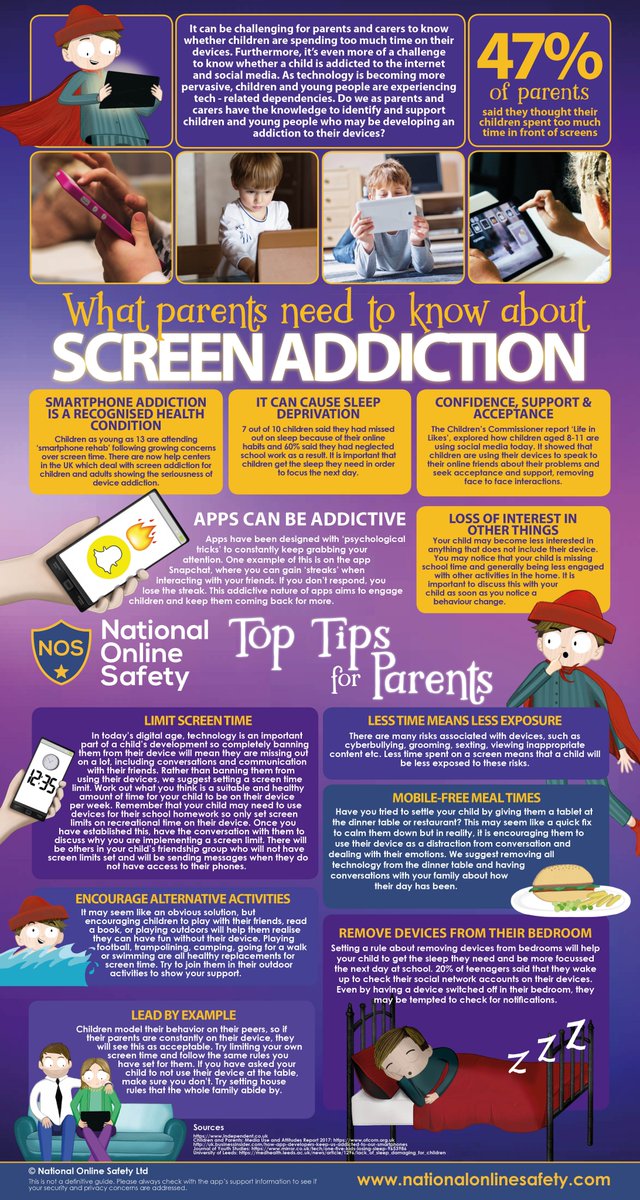 Your child will get a card to "swipe" at the register. This is a convenient way to handle school meal accounts.
Your child will get a card to "swipe" at the register. This is a convenient way to handle school meal accounts.Look into what is offered inside and outside of the cafeteria, including vending machines, a la carte, school stores, snack carts and fundraisers held during the school day. All foods sold during the school day must meet nutrition standards established by the US Department of Agriculture (USDA). They should stock healthy choices such as fresh fruit, low-fat dairy products, water and 100% fruit juice. Learn about your child's school wellness policy and get involved in school groups to put it into effect. Also, consider nutrition if you child will be bringing food to eat during school.
Each 12-ounce soft drink contains approximately 10 teaspoons of sugar and 150 calories. Drinking just one can of soda a day increases a child's risk of obesity by 60%. Choose healthier options (such as water and low-fat dairy products) to send in your child's lunch.
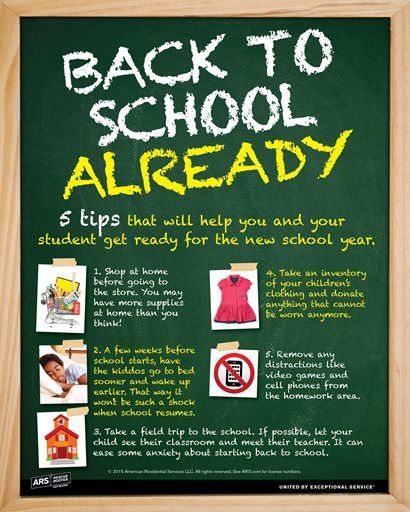
Bullying
Bullying or cyberbullying is when one child picks on another child repeatedly. Bullying can be physical, verbal, or social. It can happen at school, on the playground, on the school bus, in the neighborhood, over the Internet, or through mobile devices like cell phones.
When your child is bullied
Alert school officials to the problems and work with them on solutions.
Teach your child to be comfortable with when and how to ask a trusted adult for help. Ask them to identify who they can ask for help.
Recognize the serious nature of bullying and acknowledge your child's feelings about being bullied.
Help your child learn how to respond by teaching your child how to:
Look the bully in the eye.
Stand tall and stay calm in a difficult situation.
Walk away.
- Teach your child how to say in a firm voice.
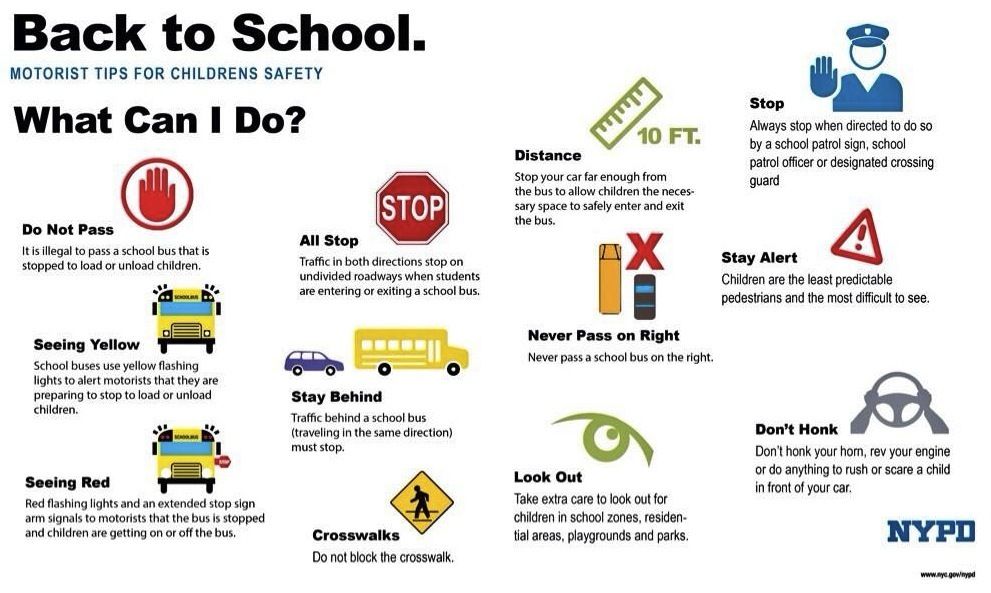
"I don't like what you are doing."
"Please do NOT talk to me like that."
Encourage your child to make friends with other children.
Support outside activities that interest your child.
Make sure an adult who knows about the bullying can watch out for your child's safety and well-being when you cannot be there.
Monitor your child's social media or texting interactions so you can identify problems before they get out of hand.
When your child
is the bullyBe sure your child knows that bullying is never OK.
Set firm and consistent limits on your child's aggressive behavior.
Help your child learn empathy for other children by asking them to consider how the other child feels about they way your child treated them. Ask your child how they would feel if someone bullied them.
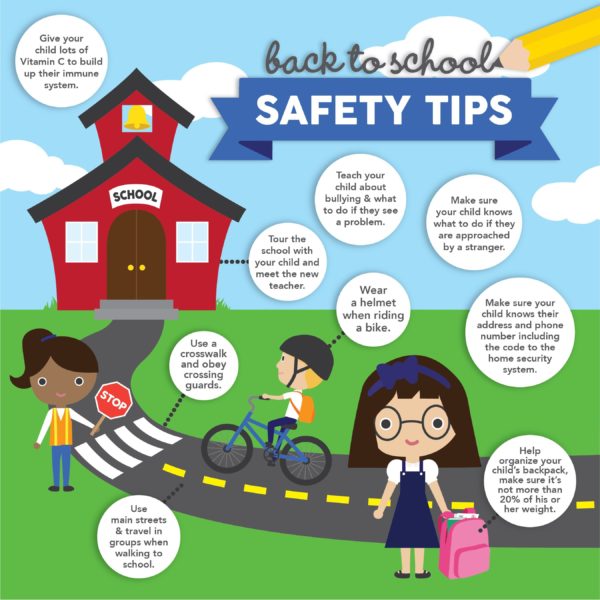
Be a positive role mode. Show children they can get what they want without teasing, threatening or hurting someone.
Use effective, non-physical discipline, such as loss of privileges.
Focus on praising your child when they behave in positive ways such as helping or being kind to other children as opposed to bullying them.
Develop practical solutions with the school principal, teachers, school social workers or psychologists, and parents of the children your child has bullied.
When your child is a bystander
Encourage your child to tell a trusted adult about the bullying. Encourage your child to join with others in telling bullies to stop.
Help your child support other children who may be bullied. Encourage your child to include these children in activities.
Before & after school child care
If a family member will care for your child, communicate the need to follow consistent rules set by the parent regarding schedules, discipline and homework.

Children approaching adolescence (11- and 12-year-olds) should not come home to an empty house in the afternoon unless they show unusual maturity for their age.
If alternate adult supervision is not available, parents should make special efforts to supervise their children from a distance. Children should have a set time when they are expected to arrive at home and should check in with a neighbor or with a parent by telephone.
If you choose an after-school program for your child, inquire about the training of the staff. There should be a high staff-to-child ratio, trained persons to address health issues and emergencies, and the rooms and the playground should be safe.
Develop a sleep routine
Getting enough sleep is critical for a child to be successful in school. Children who do not get enough sleep have difficulty concentrating and learning as well as they can.
Set a consistent bedtime for your child and stick with it every night.
 Having a bedtime routine that is consistent will help your child settle down and fall asleep. Components of a calming pre-bedtime routine may involve a bath/shower, reading with them, and tucking them in and saying good-night to them.
Having a bedtime routine that is consistent will help your child settle down and fall asleep. Components of a calming pre-bedtime routine may involve a bath/shower, reading with them, and tucking them in and saying good-night to them.Have your child turn off electronic devices well before bedtime.
Try to have the home as quiet and calm as possible when younger children are trying to fall asleep.
Insufficient sleep is associated with lower academic achievement in middle school, high school and college, as well as higher rates of absenteeism and tardiness. The optimal amount of sleep for most younger children is 10-12 hours per night and for adolescents (13-18 year of age) is in the range of 8-10 hours per night. See Healthy Sleep Habits: How Many Hours Does Your Child Need? for more information.
Build good homework & study habits
Create an environment that is homework-friendly starting at a young age.
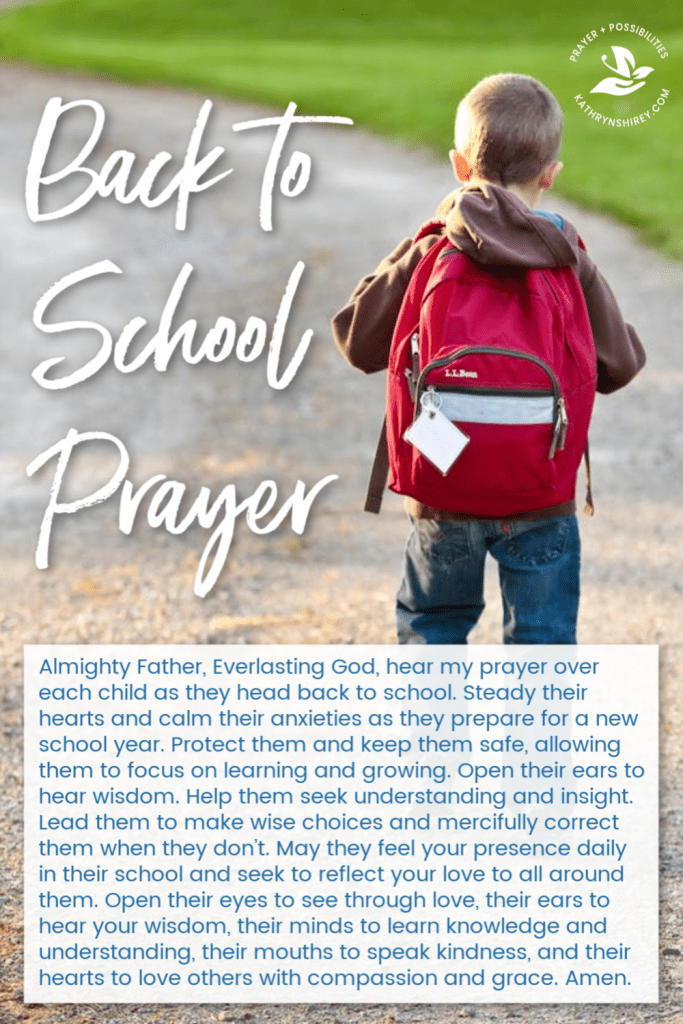 Children need a consistent work space in their bedroom or another part of the home that is quiet, without distractions, and promotes study.
Children need a consistent work space in their bedroom or another part of the home that is quiet, without distractions, and promotes study.Schedule ample time for homework. Build this time into choices about participating in after school activities.
Establish a household rule that the TV and other electronic distractions stay off during homework time.
Supervise computer and internet use.
By high school, it's not uncommon for teachers to ask students to submit homework electronically and perform other tasks on a computer. If your child doesn't have access to a computer or the internet at home, work with teachers and school administration to develop appropriate accommodations.
Be available to answer questions and offer assistance, but never do a child's homework for her.
Take steps to help alleviate eye fatigue, neck fatigue and brain fatigue while studying. It may be helpful to close the books for a few minutes, stretch and take a break periodically when it will not be too disruptive.
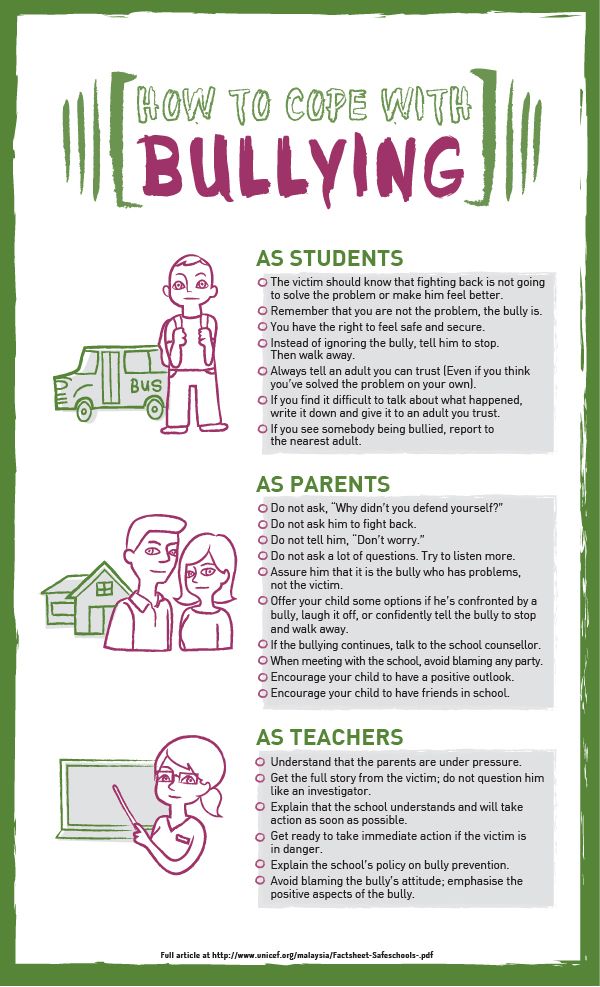
If your child is struggling with a particular subject, speak with their teacher for recommendations on how to help your child at home or at school. If you have concerns about the assignments your child is receiving, talk with their teacher.
If your child is having difficulty focusing on or completing homework, discuss this with your child's teacher, school counselor or health care provider. For general homework problems that cannot be worked out with the teacher, a tutor may be considered.
Some children need extra help organizing their homework. Checklists, timers, and parental supervision can help overcome homework problems.
Some children may need help remembering their assignments. Work with your child and their teacher to develop an appropriate way to keep track of their assignments – such as an assignment notebook.
More information
- When Your Child Has a Medical Emergency at School
- Snacks & Sugary Foods in School: AAP Policy Explained
- Create an Allergy and Anaphylaxis Emergency Plan: AAP Report Explained
- How You Can Help Your Child Avoid & Address Bullying
-
Back to School, Back to the Doctor
- Learning Disabilities & Differences: What Parents Need to Know
The information contained on this Web site should not be used as a substitute for the medical care and advice of your pediatrician.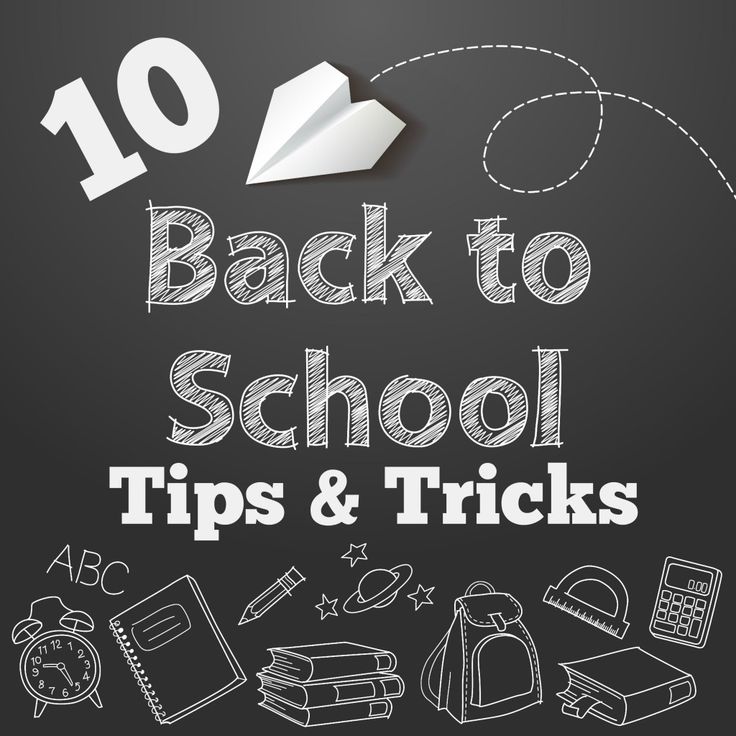 There may be variations in treatment that your pediatrician may recommend based on individual facts and circumstances.
There may be variations in treatment that your pediatrician may recommend based on individual facts and circumstances.
tips for a positive attitude to study - School. Moscow
Oksana Golerova
psychologist of the City Psychological and Pedagogical Center
Try not to worry about the child
environment, but it is important not to overdo it with overprotection.
By school, each student is already formed physically and psychologically (attention, memory, thinking, imagination and speech are developed, they can interact with adults). nine0006
Thus, there is no reason to worry too much that something will go wrong: your child already knows a lot, and the rest will learn in a new environment for him.
Make a comfortable daily routine
If parents suddenly feel that the child’s motivation has decreased, then check the daily routine: it should be structured, you should not put off going to bed for a long time.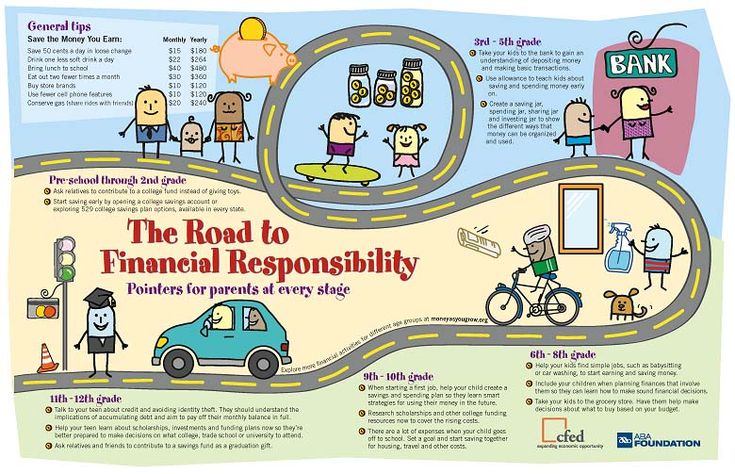
Try to plan your day in advance to avoid overwork and evenly distribute the study load, combine it with physical exercises: exercises and walks. nine0006
Evgenia Vasilyeva
teacher-psychologist of the Moscow City Psychological and Pedagogical Center
.
If your child does not have enough time for this, then it is necessary to review the schedule.
Rest should restore not only physical strength, but also a psychological resource. nine0006
Move smoothly into the working rhythm
You need to enter the learning process gradually.
In the last few days of the holidays, it is worth starting to tune in to study and follow the regime.
Look through the textbooks, look at the topics covered and try to formulate a few sentences on each topic yourself - this will help refresh your knowledge.
Irina Vshivkova
psychologist of the City Psychological and Pedagogical Center of Moscow
Do not broadcast your feelings to the child: set him to positive
Pay attention to your own behavior and emotions: if the parent is too worried, he unintentionally broadcasts this experience to the child.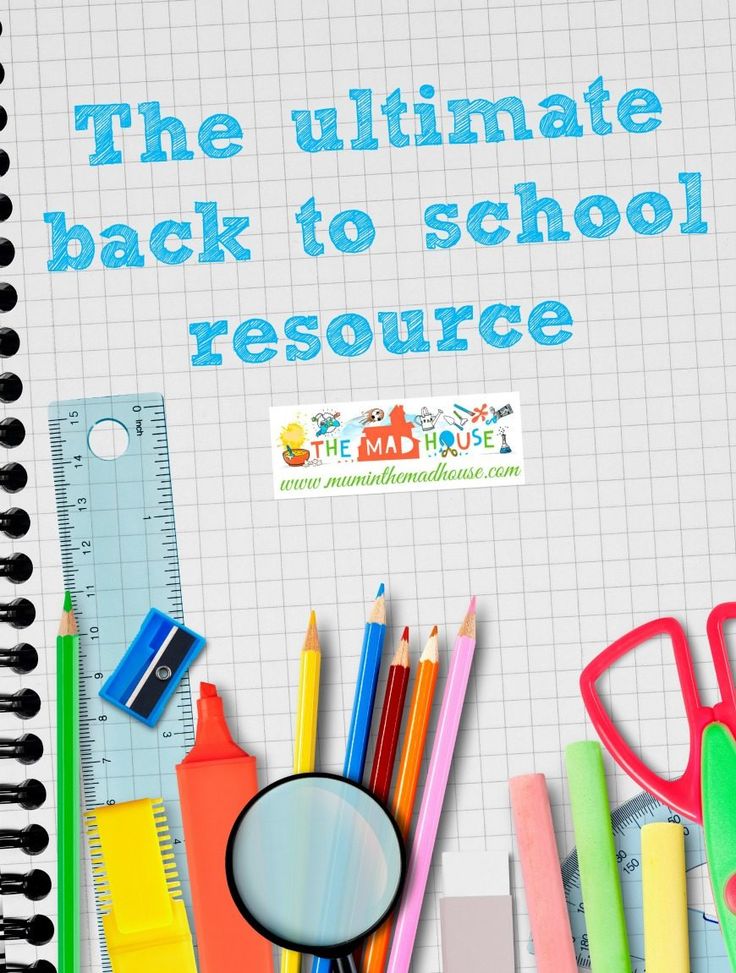
Be calm, explain to your child that school is a standard and logical life stage. Recall your positive impressions of the school - about the subjects, changes, friends and teachers - and tell your child about them.
To help the student get used to the new way of life, you can also make a visual schedule for the week. It will orient him in what awaits today, tomorrow, the day after tomorrow, and so on. Indicate in the schedule the time for starting lessons, returning home, doing homework, visiting sections and circles. Time management allows you to complete the planned tasks on time, to be mentally prepared for a busy day. nine0006
Establish sleep and gradually get back on track after the holidays
A good night's sleep greatly affects a child's well-being, mental health and mood. To avoid stress on the first school day after the holidays, you need to return to the correct daily routine gradually.
If your child is used to staying up late, start shifting the bedtime slightly.
Don't forget to limit the use of gadgets an hour before bedtime.
The blue spectrum as well as bright white light from monitor screens interfere with the normal production of melatonin and can lead to insomnia. nine0006
Elnara Voytovich
senior methodologist of the City Psychological and Pedagogical Center
Speak heart to heart every day - this will help adaptation to school
It is very important that parents find at least a few minutes a day to talk with their child heart to heart, ask how the day went at school, what new things he learned, with whom he talked, what interesting things happened.
If the student was active in the lesson, got a good mark or showed himself in something else, be sure to support him, praise him in order to motivate him for further success. nine0006
If something bothers the child, do not ignore it and do not leave it unattended. Help him find a way out of the situation based on your life experience.
Ekaterina Igonina
psychologist of the Moscow Service for Psychological Assistance to the Population
Maintain a calm and friendly atmosphere in the family
Regardless of the success or temporary failure of the child in school, the child should feel unconditional love, acceptance and support from relatives. nine0006
It is sad when children begin to get the impression that their whole life consists of only lessons and homework, while adults are only interested in grades.
Try to avoid a raised tone and clarification of relationships between households - this spoils the mood, disrupts the learning process and can make you nervous.
See off and meet a schoolchild with a smile: the realization that you are expected at home and always welcome helps a person a lot both in study and in life. nine0006
Maria Lomzheva
psychologist at the Western Degunino family center
Take time to be creative
Art therapy is a unique method that allows you not only to realize your creative potential, but also to structure your thoughts, get rid of stress and recharge yourself with positive energy.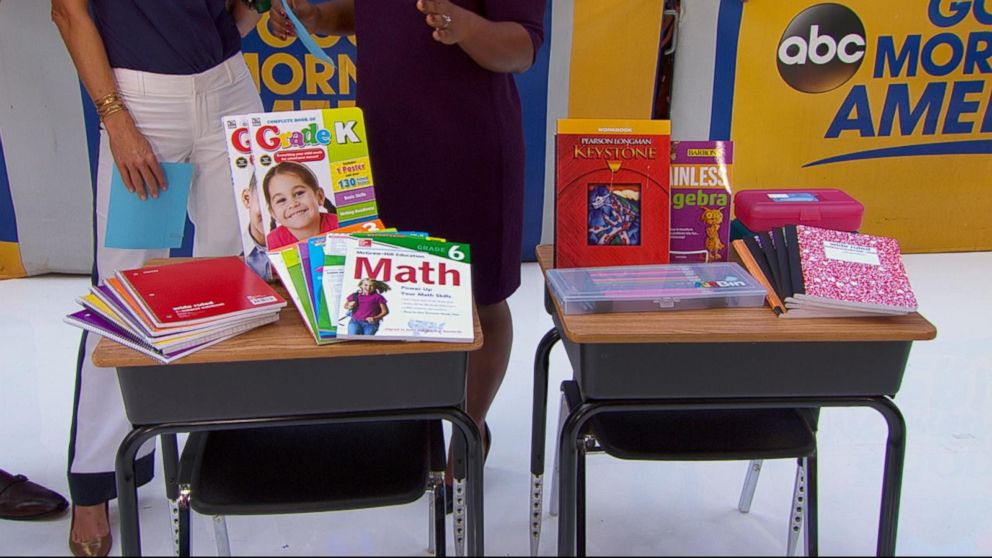
Arrange a family creative evening dedicated to the summer theme, prepare a palette of bright colors - this will help refresh your emotions, tune in to the new school year and spend time together creatively! nine0006
Back to school: how to help your child and yourself
Parents
expectations from a daughter or son. And what do we ourselves want from the learning process? Great grades? Knowledge for life? So that the children then enter the chosen university? To make them feel comfortable at school? So that they can find true friends there? nine0006
There are many options, consider them. Certainty will reduce both your anxiety and your child's anxiety. Talk to him about the meaning of studying. Even if a person goes only to the first grade, it is already possible to discuss this, but it is simply necessary with a teenager.
What specific results would you like to achieve this academic year? Think with your daughter or son: you are about your goals, and he or she is about yours.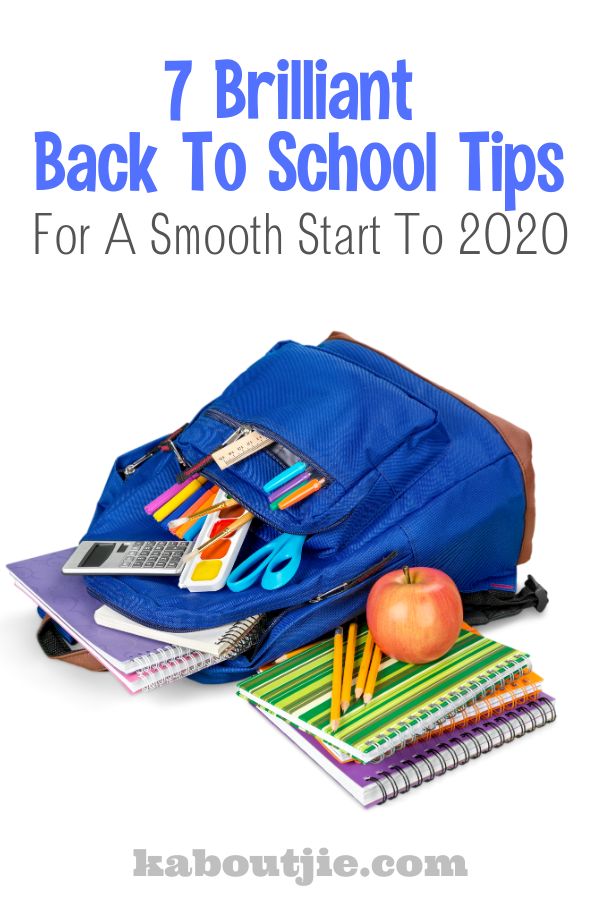 Set interesting but doable tasks: speak English, learn to swim, prepare an interesting report... Share them with each other, write them down on pieces of paper, hang them in a prominent place. nine0006
Set interesting but doable tasks: speak English, learn to swim, prepare an interesting report... Share them with each other, write them down on pieces of paper, hang them in a prominent place. nine0006
Discuss how you will know that you are moving towards your goals. Estimated? Some kind of achievement? Set up regular conversations about this topic. After all, it is important for us that the child's education is meaningful. So that he takes responsibility for learning, and does not go to school just because his parents and teachers want him to.
2. Remember joyful events
Mikhail Cherkasov, founder of the Yellow Boat children's travel club, teacher at the Start children's art school
Surely your child had a bright, interesting, unforgettable vacation. He visited his grandmother, went with friends to the country, flew with you to the sea, spent a shift in a children's camp. Any trip is a new experience, something that can be shared with friends, and not just described in the essay “How I Spent the Summer”.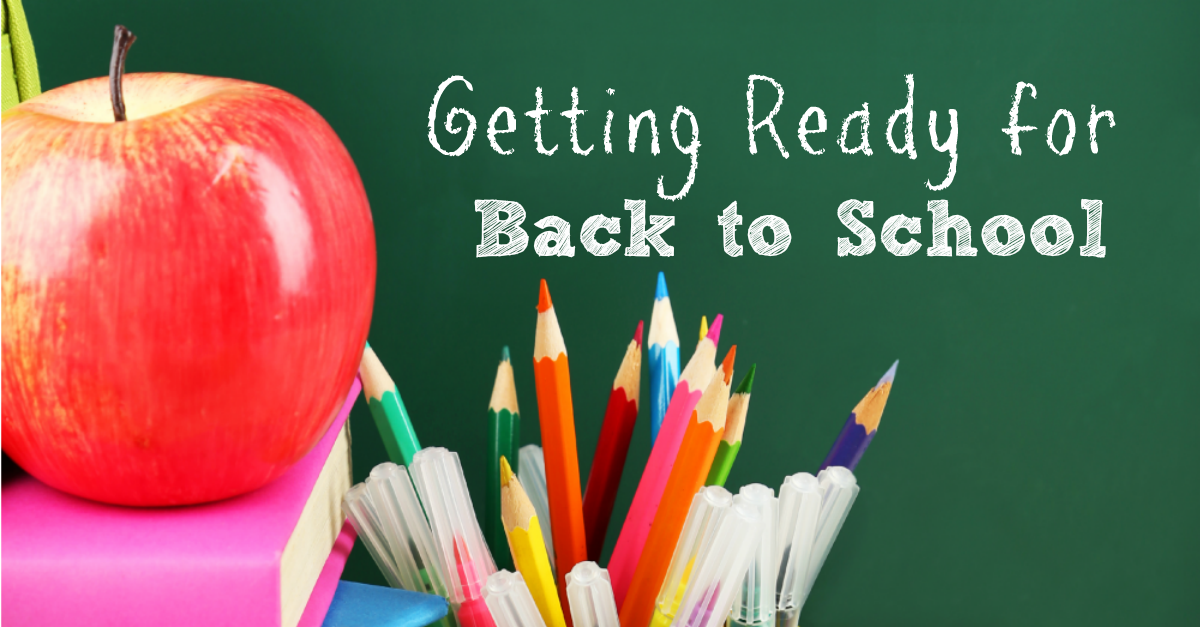
These memories are important to keep. You can make travel diaries. My children paste photos, tickets from the Louvre, a dried butterfly, an olive branch, or drawings from a medieval castle into a sketchbook. Before each trip, I print out pictures of the places we plan to visit, and the children make small notes under them. They are so fun to read and revisit! nine0006
You can also make a "board of achievements". I have a corkboard hanging in my office, on which I hang my daughter's works, her certificates and diplomas. And every year we do a small exhibition at the end of the summer. Drawings, notes, a couple of pebbles and shells from the sea, which she collected on the beach ... These memories will warm her throughout the school year.
3. Talk about interesting things
Marina Novikova-Grund, Psycholinguist, Dean of the Faculty of Psychology, Moscow International University
We often tell children what they should do, what they should do, what we would like, that is, we give them instructions.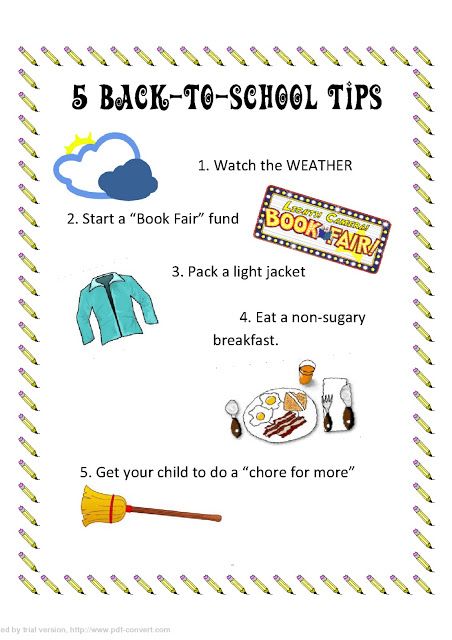 And as a result, we do not know what the child really needs and what is on his mind. These instructions may not include: "Don't get up in the middle of class and don't leave." Or "Don't be afraid of girls who are head and shoulders above you." After all, the fact that he is afraid of them, you still need to guess!
And as a result, we do not know what the child really needs and what is on his mind. These instructions may not include: "Don't get up in the middle of class and don't leave." Or "Don't be afraid of girls who are head and shoulders above you." After all, the fact that he is afraid of them, you still need to guess!
Use the imperative carefully. As well as verbs in the future or past tense. Children listen to stories on the topic “When I was little” with pleasure, but on the condition that they do not contain teachings: “... I always obeyed the elders.” nine0006
Often the past tense introduces a plot of reproach and defeat: “I told you that you shouldn’t do that!” When the trouble has already happened, you can’t fix it, and confirming that everything is lost is unpedagogical.
Telling a child: “They will call you tomorrow, but you haven't learned your lessons” is also meaningless. After all, time flows differently for children. If for an adult it is obvious that the one who did not do his homework today will receive a deuce tomorrow, then for a child “tomorrow” is “in the next life”.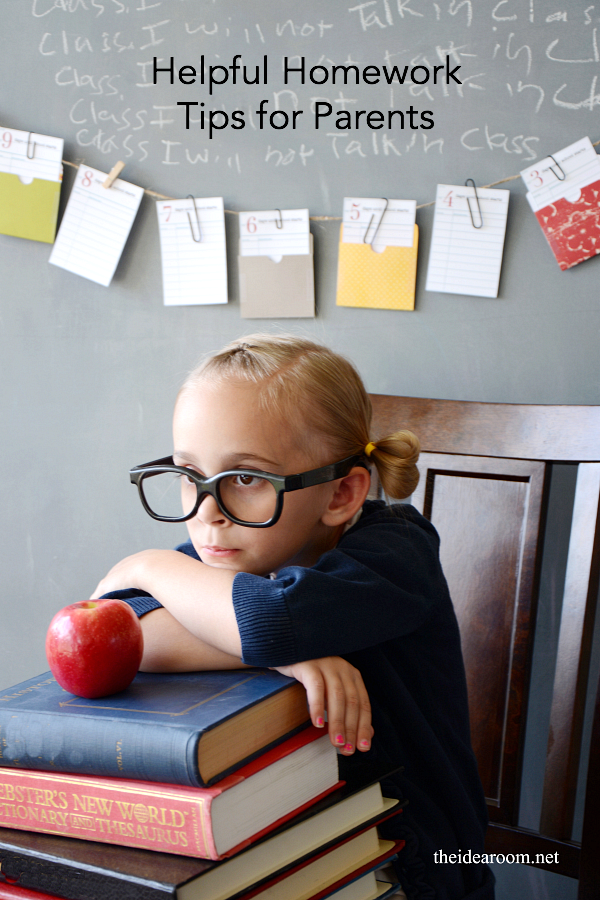 For him, the future is when in an hour he goes to bed, and that is not obvious. nine0006
For him, the future is when in an hour he goes to bed, and that is not obvious. nine0006
Sometimes try to be silent so that the child speaks. Perhaps at this moment he will begin to ask about what he is interested in. Or fantasize and with the most serious face to tell fables. Perhaps to be shy, and then you can ask: “What are you doing? What are you feeling now?"
Give him space to talk. Children who are “released” in this way look absolutely happy.
4. Explain the rules of the game
Anna Semenovich, neuropsychologist, professor at Moscow Psychological and Pedagogical University
We know that we should greet our neighbors, wear one dress at home and another dress at the theater, that we shouldn't put our feet on the table and tear books. But for many children today, this is not a "categorical imperative." They can say “stupid” to the grandmother, and she will remain silent in response. Why then can't the teacher be called a fool?
If a child is not accustomed to the routine (now we have breakfast, then we'll draw.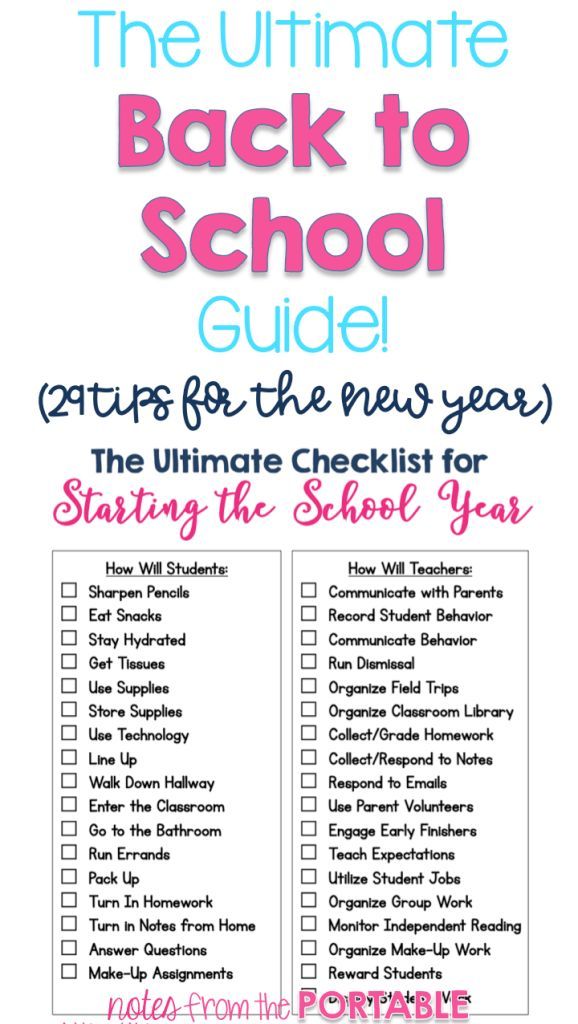 ..), to concentration on business, to restraint, it is difficult for him to understand that from September 1 he needs to behave differently. At school, he will live as he used to at home, where no one limited his freedom. nine0006
..), to concentration on business, to restraint, it is difficult for him to understand that from September 1 he needs to behave differently. At school, he will live as he used to at home, where no one limited his freedom. nine0006
But the rights of the child must not violate the rights of others. Therefore, it is useful to explain to him in advance that in any place, in any team there are rules of the game. That in the classroom they behave differently than on the beach or at the disco.
In an unfamiliar situation, our brain (even if we do not notice it) first “scans”: “What are the rules of the game here? What is the charter of this monastery?” If you don’t know, it will be hard: you get deuces “in life”, because you were not taught to learn in the broadest sense of the word, they didn’t say that teachers shouldn’t be rude, and the one who (at least) wrote down homework gets fives. And if you know, you live and develop. Children who know the "rules of the school game" can be taught anything. nine0006
nine0006
5. Make learning easier
Anna Bykova, teacher, family and child psychologist, blogger, author of books on parenting in the Lazy Mom series
There is a parable about a lumberjack who cuts a tree with a blunt saw with effort and answers the advice to sharpen it : “No time to sharpen. You have to drink." This parable applies to teaching in a traditional school. There, too, there is “no time to sharpen”, because the amount of knowledge that needs to be learned is large, but there is no time to improve thought processes. nine0006
Those who have developed memory, attention, and thinking better assimilate new material. Therefore, it is logical that for successful learning it is necessary to train them. Help your child develop observation skills, come up with attention games for him: remember the location of objects in the room, describe a person, find seven differences.
It is useful to take speed reading and calligraphy courses. This will save time and effort on completing tasks.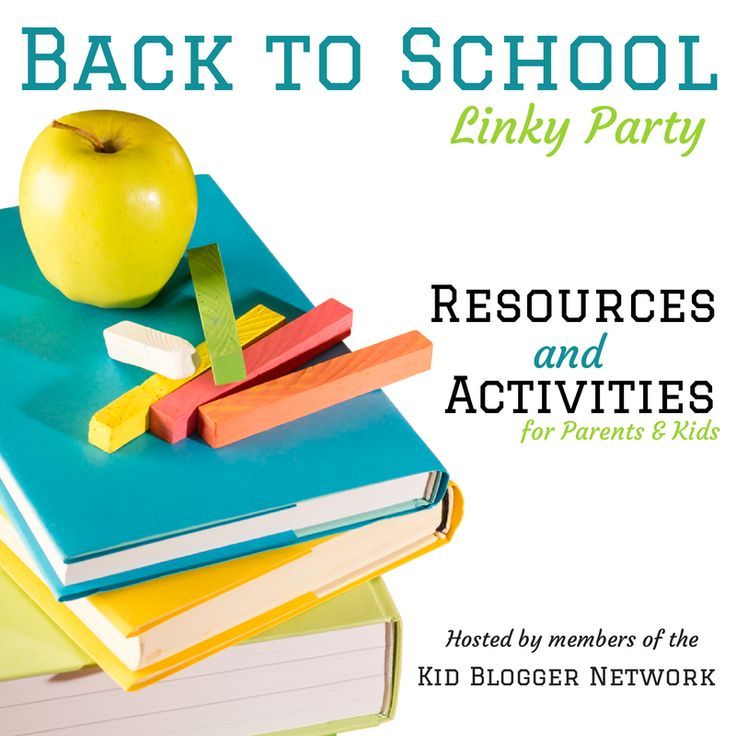 It would be nice to introduce the child to mnemonics - techniques that facilitate memorization. Anyone who owns them will learn a poem in 20 minutes, not two hours. And then learning will not be tiring, but interesting! nine0006
It would be nice to introduce the child to mnemonics - techniques that facilitate memorization. Anyone who owns them will learn a poem in 20 minutes, not two hours. And then learning will not be tiring, but interesting! nine0006
6. Take care of your health
Olga Begasheva, neurologist, somnologist, doctor of the highest category
I remember an 8-year-old boy whose parents complained that he had problems with studies, attention, that he was hyperactive. And suddenly it turned out that one of his eyes practically did not see. Of course he had a hard time at school!
A child is ready for learning if he has a good memory, there are no behavioral and emotional disorders, if he is socially adapted. If you and your child go through a medical examination, you will know how he is doing with his health. The reason for failure is not only a lack of diligence, as we often think, but also disturbed calcium metabolism, vitamin D or iodine deficiency, and thyroid disease.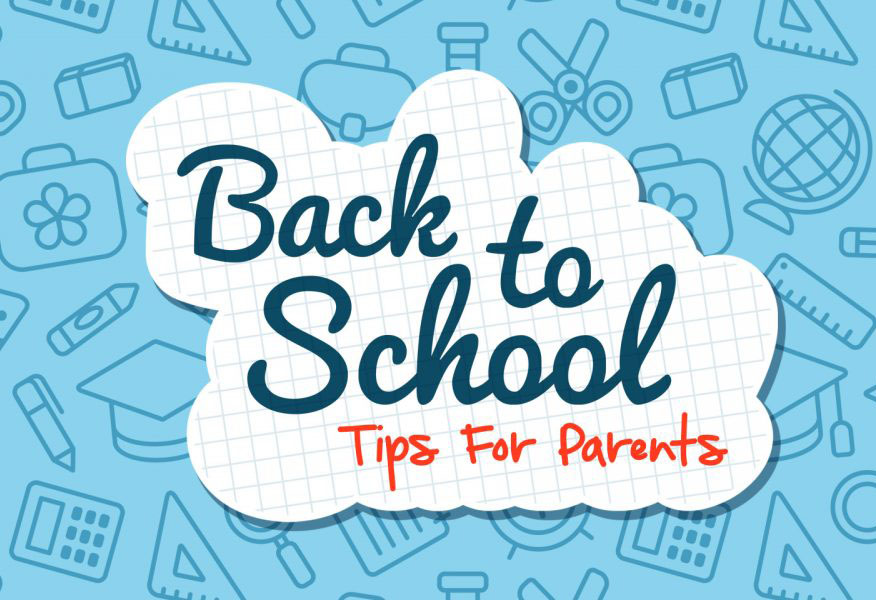 nine0006
nine0006
It is hard to study for children who are often ill. It is necessary to find out if they have an immunodeficiency, to conduct a course of treatment for a chronic infection. It is useful to check the adenoids. Inflammation of the adenoids leads to chronic oxygen starvation. Because of this, children become hyperactive, irritable, get tired quickly, complain of headaches, sleep with their mouths open, snore, get up in the morning hard and in a bad mood.
There are problems with academic performance in children with gastritis and other diseases of the gastrointestinal tract, especially if gastritis with low acidity. Its main clinical manifestation is weakness, headaches and high fatigue. Any health problems take a lot of energy from children. If health is in order, then it will be easier for them to learn. nine0006
7. Follow the laws of the Moomins
Sergei Kazarnovsky, honored teacher of Russia, director of the school "Class Center"
When General de Gaulle, the head of the French Republic, was little and came home from school, his mother never asked him: " How did you answer? She always said, "What questions did you ask?"
It is a very important thing to learn how to ask questions correctly.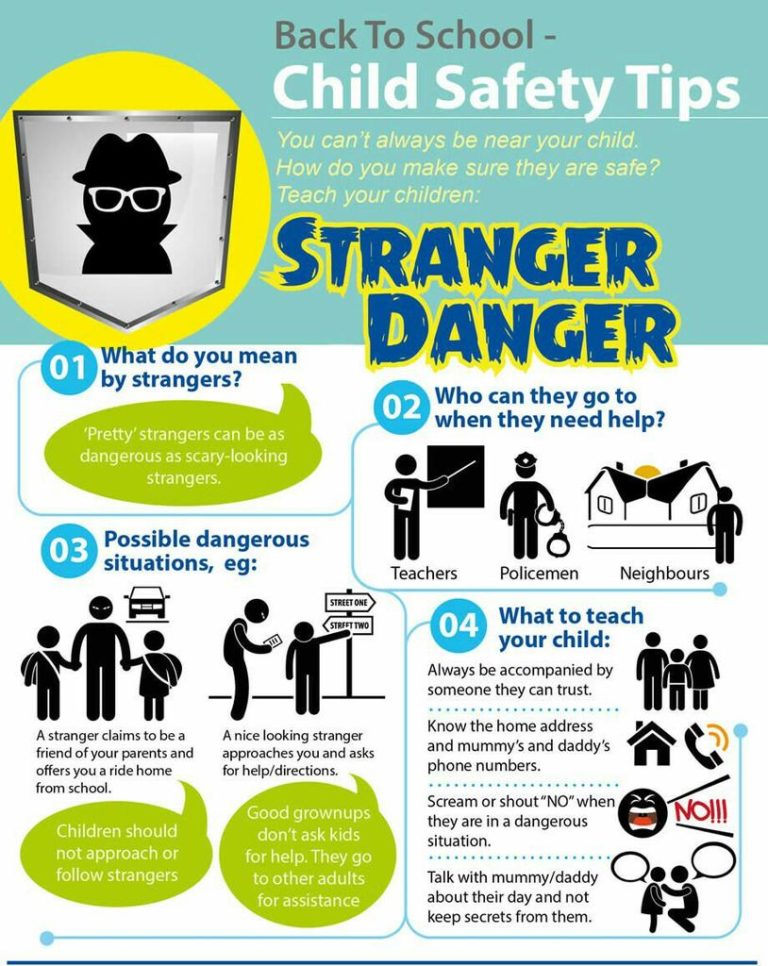 After all, the more accurately you do this, the better you will understand and learn the material. And you also need to inspire the child that a mistake is not a problem. Every person has a right to it. And work on mistakes is not work on the past ("how bad I am"), but on the future - "how to do it right." nine0006
After all, the more accurately you do this, the better you will understand and learn the material. And you also need to inspire the child that a mistake is not a problem. Every person has a right to it. And work on mistakes is not work on the past ("how bad I am"), but on the future - "how to do it right." nine0006
And I would also advise now, while the workload at school is not very serious, to re-read the stories about the Moomins. In them, parents and children will find calm and kind wisdom, a sense of love and security. Feeling at home, where the light is always on, loved ones are waiting for you, delicious food is ready and a warm bed.
Moomin good advice will make your life better and happier. For example, this: "It is equally important to know two things: how to be alone and how to be with others." Or: "In order to believe in something, it is not at all necessary to know whether it is true." And: “Sometimes all you have to do to comfort someone is to remind them that you are there.